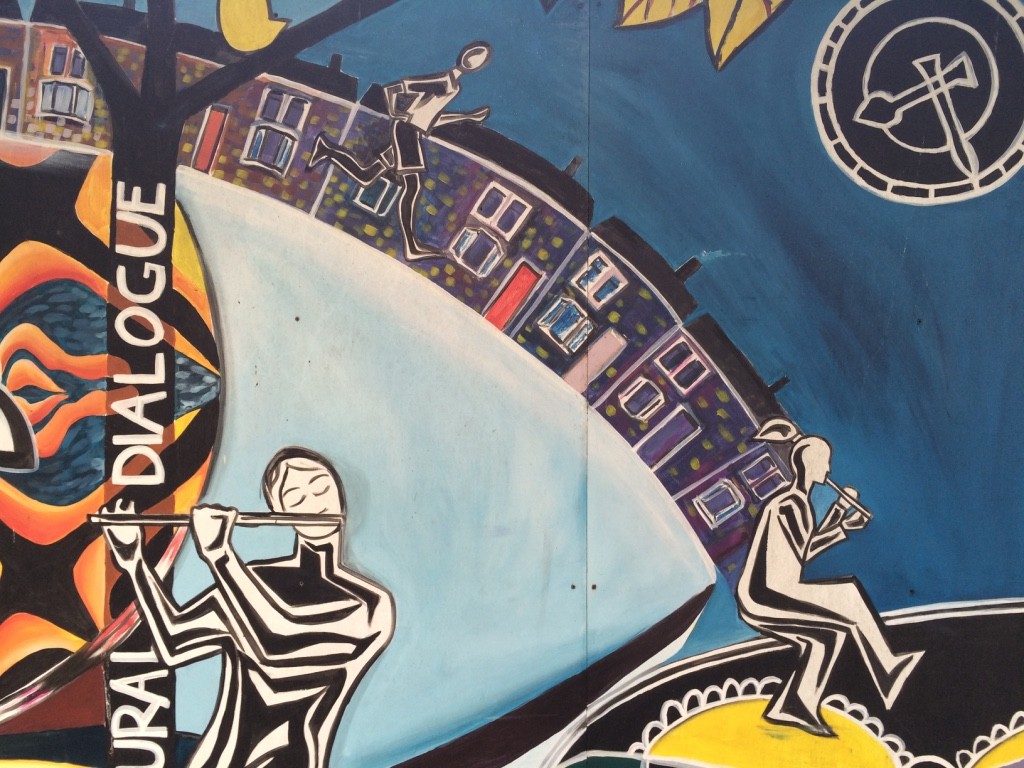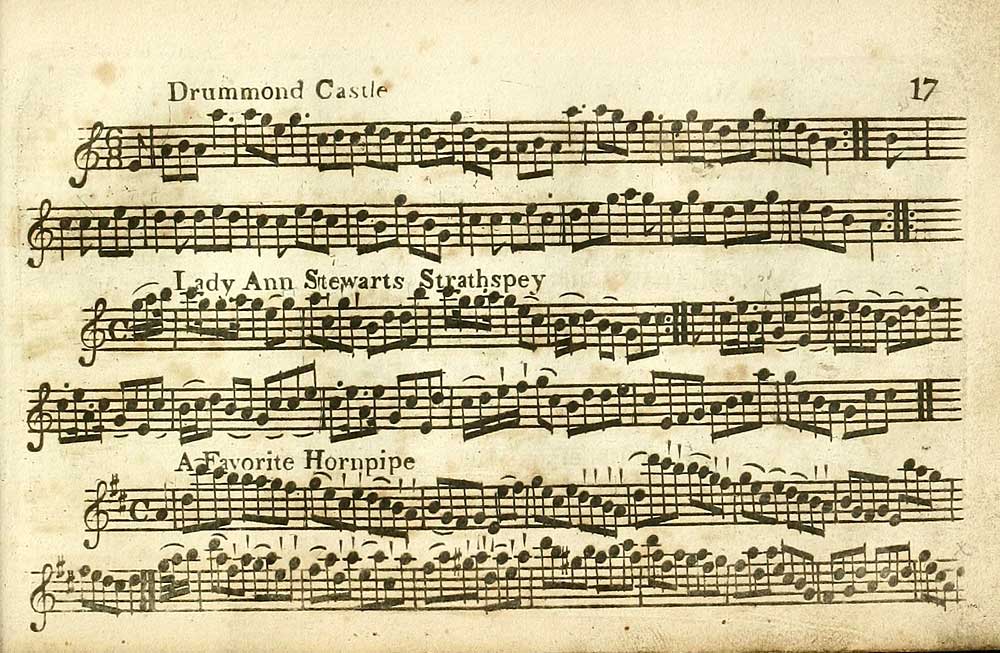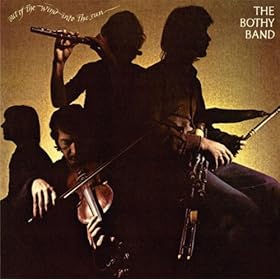Success for 5th FluteFling Edinburgh Weekend
First of all, a Big Thank You to everyone who was involved or attended the Edinburgh Weekend a couple of weeks ago. This was our biggest event yet and we were very close to being sold out.
Regulars Sharon Creasey and Kenny Hadden (basking in his new-found honour) provided our core continuity, with Niall Kenny as guest tutor and Claire Mann as guest speaker bringing in their own takes on the music and instruments. Feedback has been very positive and there was a real buzz about the place all day and into the evening.
A special thanks to the City of Edinburgh Methodist Church for hosting our event again – it really is a lovely venue with great acoustics. A big thumbs up to the Boda Bar on Leith Walk for hosting Friday night with such enthusiasm and to the Mercat Bar on West Maitland Street for sympathetically and efficiently sorting us out for Saturday. Very different venues to each other, but both highly recommended. Anyone looking to put something on should consider them as potential venues.
And of course Sandy Bells looked after us well on the Sunday lunchtime as always. One or two of us also made it to the Waverly Bar afterwards, where a great session was also to be had. A pantomime Booooo! however, to the session venue that let us down badly at very short notice (see the archive). I will try and do a more comprehensive round-up very soon, but I am now in the throes of report writing for school.
Summer workshops
After the April break, May and June workshops return this month. These will be the first since returning from Cruinniú na bhFliúit (Flutemeet) in Ballyvourney, County Cork and also since the FluteFling Edinburgh Weekend, of course, so I hope to share some ideas that I picked up over that period. NB Dates now corrected below – thanks to David Flett for pointing out the error.
- Saturday 19 May 1-4 pm | Back at Tribe Porty, this will be suitable for everyone as I intend to focus on slowing things down, getting into the tunes further and helping with playing by ear. Tickets now on sale.
- Saturday 16 June 1-4 pm | This will be a more sociable event and include a slow session that will utilise the FluteFling back catalogue. Venue and tickets tbc.
There will be a summer break over July and August, but there will definitely be further events from September, which will be announced just as soon as they become finalised.






 The second of two 12/8 slides the Slow and Steady group are learning, The Priest is in G and sits nicely on flutes and whistles allowing some distinctive punchy phrases to pop through.
The second of two 12/8 slides the Slow and Steady group are learning, The Priest is in G and sits nicely on flutes and whistles allowing some distinctive punchy phrases to pop through. Like many, I originally learned this from a recording by The Bothy Band, who play this at the start of a set on
Like many, I originally learned this from a recording by The Bothy Band, who play this at the start of a set on